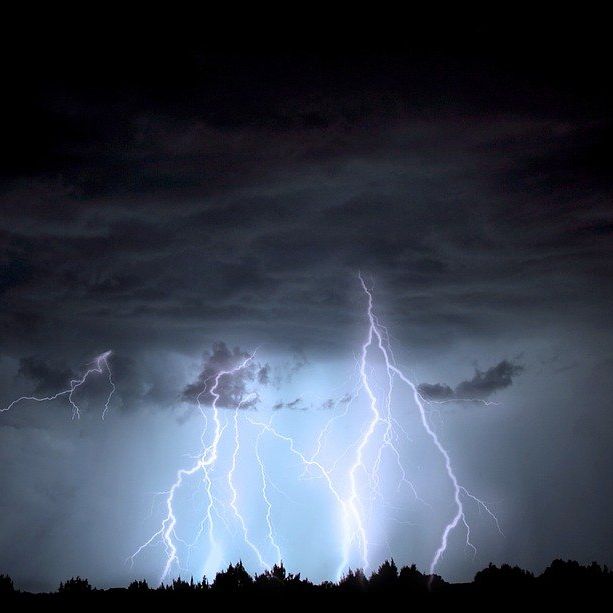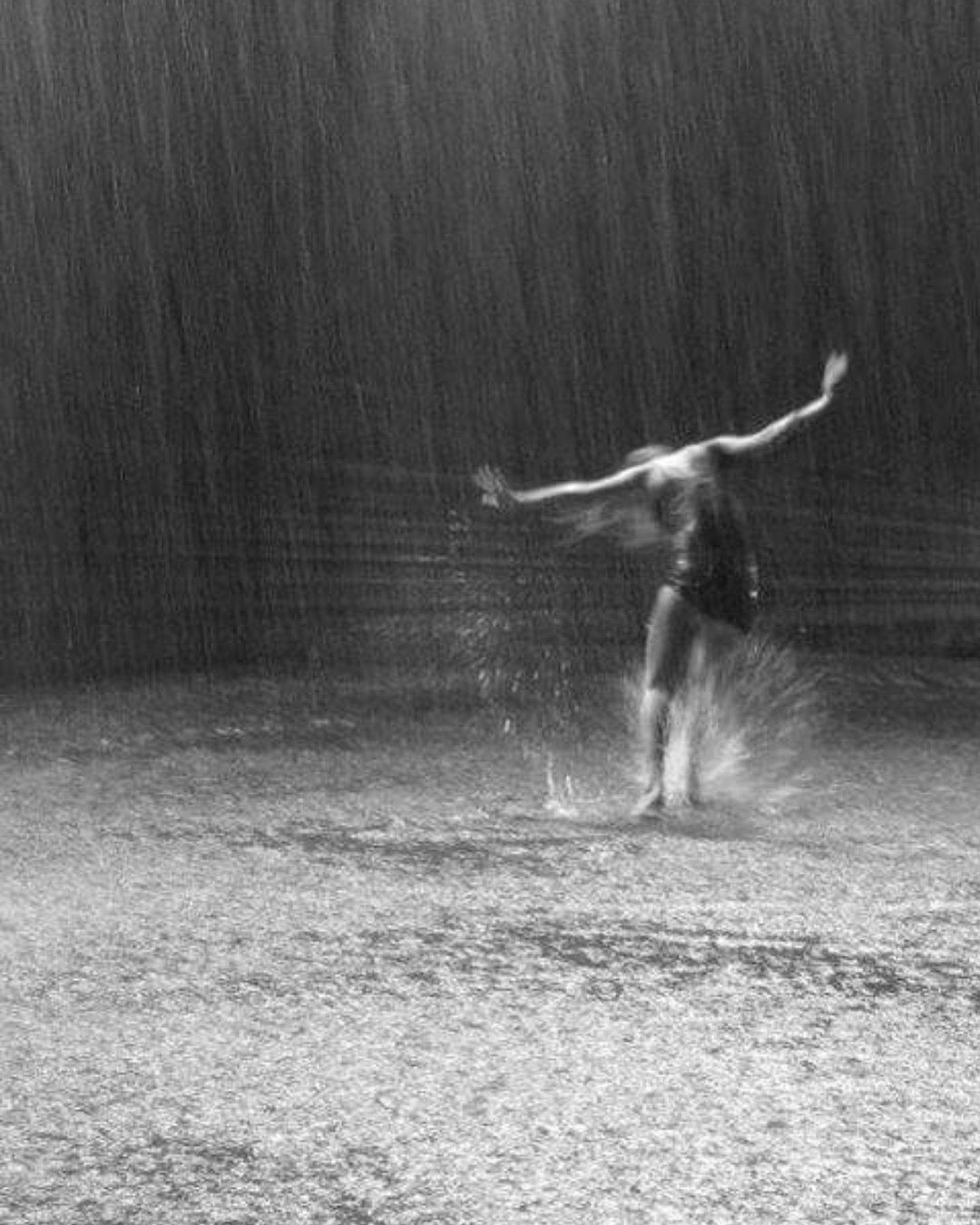Petrichor is a relatively new word, coined in 1964 by scientists Isabel Joy Bear and Richard Grenfell Thomas. It derives from the Ancient Greek pétra (rock) and ikhṓr — the ethereal fluid said to flow in the veins of the gods. But the sensation it names — that earthy scent released when rain falls on dry soil — has existed for as long as humans have drawn breath.
Petrichor is the scent of dry earth revived by rain. That moment just before a summer storm breaks over ancient stone, when the air seems to hold its breath. The fragrance that rises isn’t manufactured or cultivated; it’s chemistry — the earth’s own perfume, released when raindrops kiss soil that’s been waiting a little too long.
Scientists call it geosmin and aldehydes — compounds liberated when water meets clay, when drought surrenders to abundance. But poets understood this long before laboratories could explain it: the electric clarity that cuts through stagnant air, clean and mineral-sharp, like white linen stretched between olive trees beneath shifting Mediterranean skies.

Watch how it moves through space: ephemeral as the pregnant pause between lightning and thunder. This is nature's reset.
Follow petrichor through agricultural worlds that learned to read its arrival like prophecy, knowing it delivered promised abundance. The first storm after punishing drought. The breath drawn deep before barren land remembers how to bloom again. Farmers' wives standing in doorways, inhaling proof that seasons turn, that waiting eventually rewards patience.
Roman poets wrote of this scent without naming it, understanding its power to mark transitions between the before and after. The smell that meant survival, renewal, the particular hope that comes from witnessing earth's capacity for resurrection.

In SAGE WATER, petrichor forms the opening statement — sharp, fresh, a charge of clarity that cuts through mental fog like Mediterranean wind through marble corridors.
This isn't the lush abundance of gardens or the obvious sweetness of flowers announcing themselves. This is subtler magic: the cool breath that arrives just before transformation, the scent that whispers change is coming whether you're ready or not.



